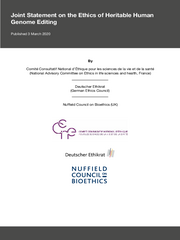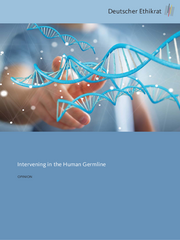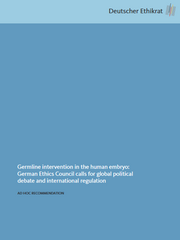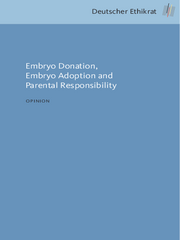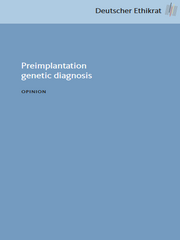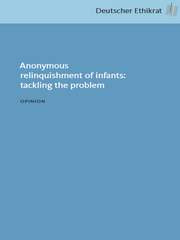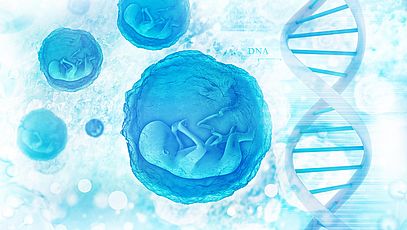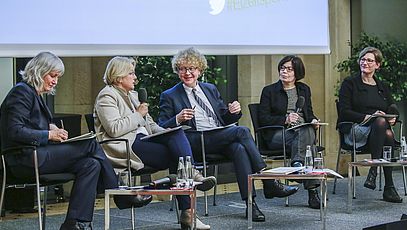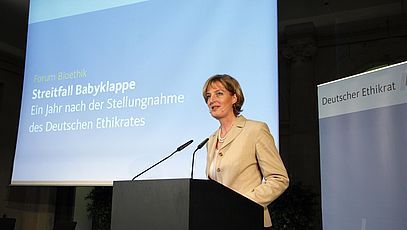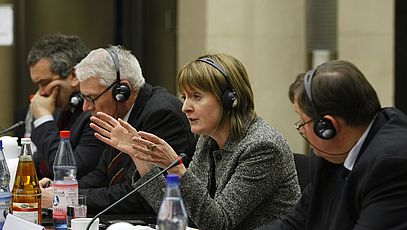Family and Reproduction
In recent decades, the ways in which generations live together have become more diverse. In addition to numerous single parents, there are more and more families with children who are the biological descendants of only one of the adults living with them, such as patchwork families or families with same-sex partners.
Meanwhile, advances in science and technology are expanding the possibilities for starting a family. These include methods of assisted reproduction such as in vitro fertilisation and the freezing of germ cells and embryos. They make it possible to conceive and give birth to biological children even in the case of limited fertility, or years after the removal of germ cells. In combination with the options of sperm donation, embryo donation or egg donation (banned in Germany by the Embryo Protection Act) and surrogacy, they furthermore enable various decouplings of biological and social or legal parenthood. This can lead to complex constellations such as a child having genetic parents who have donated gametes, a surrogate mother who has carried it to term and social parents who are raising it.
Ethical concerns are raised about several different aspects. These include worries about psychological and physical stress caused by fertility treatments, which may affect both people who wish to have children and the children conceived with the help of such treatments, but also egg donors and surrogate mothers, especially if they live in socially precarious situations. With special regard to children, there is also a discussion about how so-called split parenthood or uncertainties about their own origins may affect them. Further questions concern the handling of frozen germ cells, fertilised eggs or embryos that remain after the completion of reproductive medical treatment. May these be donated to other people who wish to have children or for research purposes, and if so, according to what criteria?
Another controversial issue are the possibilities, first opened up by reproductive medicine, to genetically examine germ cells or embryos even before a pregnancy is established and to select them according to specific criteria, e.g. the absence of certain disease-causing genes. Even targeted interventions in the genome of germ cells or embryos could be offered in the future, if the genome editing procedures used for this should one day be classified as sufficiently safe. Fears are that such approaches might lead to the further development of fertility treatment towards the targeted selection or even creation of children with certain desired characteristics.
Further ethical debates on the topic of family and procreation concern the way in which unwanted pregnancies or children are dealt with. Emergency measures such as abortions or anonymous child relinquishment are particularly controversial. While in the case of abortions the main issue is the conflict between female self-determination and the protection of nascent life, services for anonymous child relinquishment are mainly criticised because they infringe the child’s right to know its origins and to personal relations with its parents.

